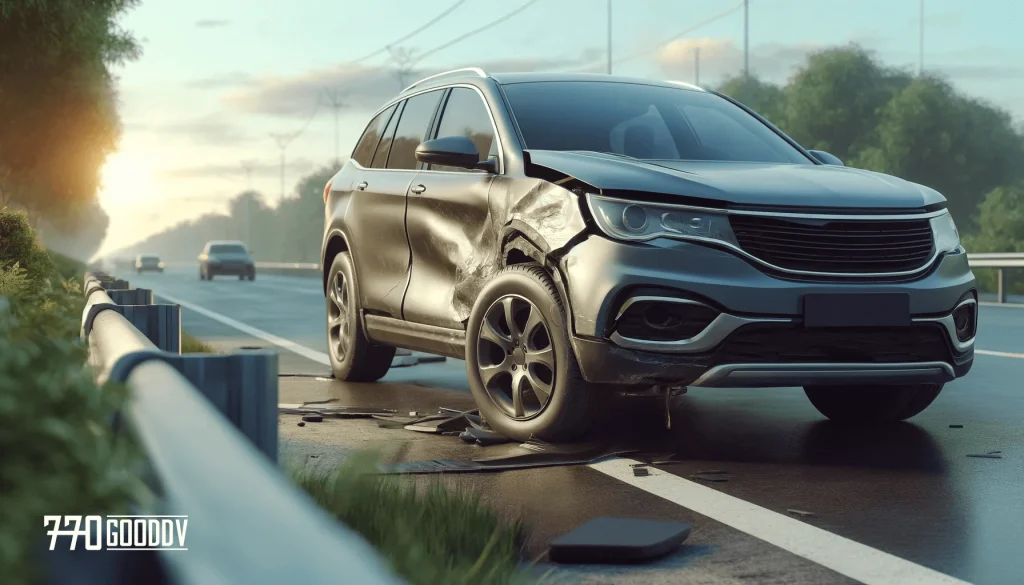Ever found yourself worrying about the resale value of your car after an accident? This article dives into the nuances of insurance claims related to loss in car value, offering insights into recovery options for at-fault drivers in certain states. Let’s explore this complex landscape, ensuring you’re well-informed to protect your financial interests post-accident, regardless of fault.

Recovering Diminished Value: At-Fault Accidents
The Standard Approach
Commonly, causing an accident might make it seem unrealistic to expect compensation for your vehicle’s loss in value from your insurance. Most policies include exclusions, typically barring coverage for the value lost post-accident. When you file a claim with your insurance (a first-party claim), the agreement terms you agreed upon usually encompass this exclusion.
Exceptions to the Rule: Georgia’s Unique Position
Nevertheless, states like Georgia provide hope with laws mandating insurance companies to assess loss in value for all claims, fault notwithstanding. Thus, residents can claim under their collision coverage, even if they were responsible for the accident. This also applies to incidents involving single vehicles, like collisions with deer, inanimate objects, or vandalism.
Non-Fault Accidents and Diminished Value
Pursuing a Third-Party Claim
The scenario improves significantly when another party is at fault. In these cases, pursuing a claim against the responsible party’s insurer under their property damage liability is possible. This third-party claim approach follows tort law principles, not being limited by the specifics of any insurance policy.
According to tort law, specifically in the Restatement of Torts (Section 928), claimants are entitled to damages covering the repair costs plus compensation for any residual loss in value. Thus, if someone else caused the damage, their insurer should address both the repairs and the value lost.
Steps to a Successful Diminished Value Claim
- Provide Solid Proof: Establishing your vehicle’s diminished value is essential, requiring an appraisal from a qualified expert.
- Understand Local Laws: Since laws vary by state, familiarizing yourself with your jurisdiction’s rules on diminished value claims is crucial.
- Seek Expert Advice: Given the complexities involved, seeking advice from a diminished value expert could prove beneficial.
Conclusion
Navigating the process of recovering your vehicle’s diminished value after an accident presents a multifaceted challenge, particularly when the accident was your fault. In certain states, however, the law offers pathways for compensation, illustrating the importance of understanding your rights and options. When not at fault, asserting a claim against the responsible party’s insurer with adequate evidence can lead to compensation for both repairs and diminished value. Staying informed and proactive is key to ensuring you don’t face undue financial strain after an accident. Knowledge, as they say, is power, especially when dealing with the intricacies of auto insurance claims.
